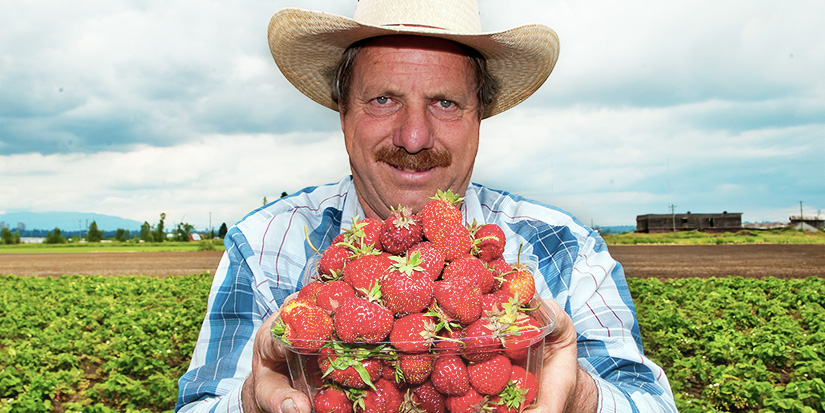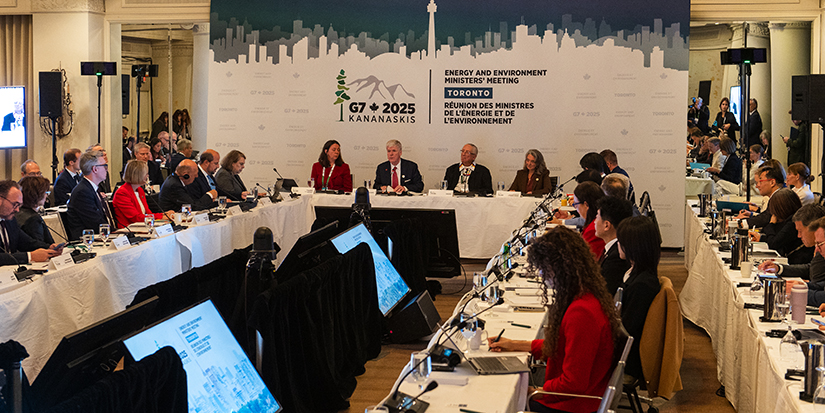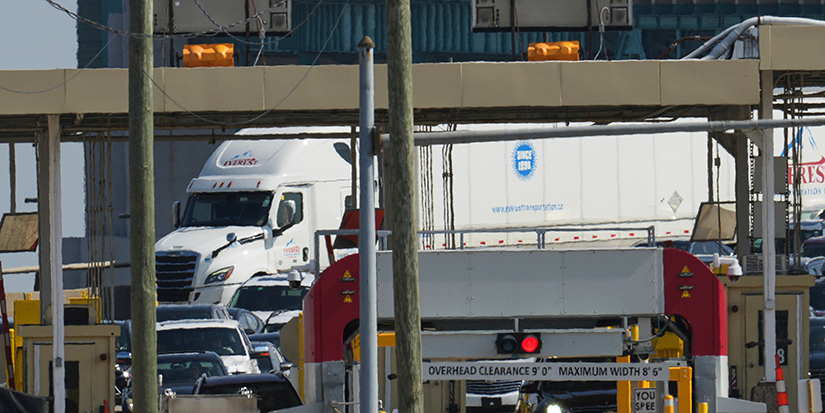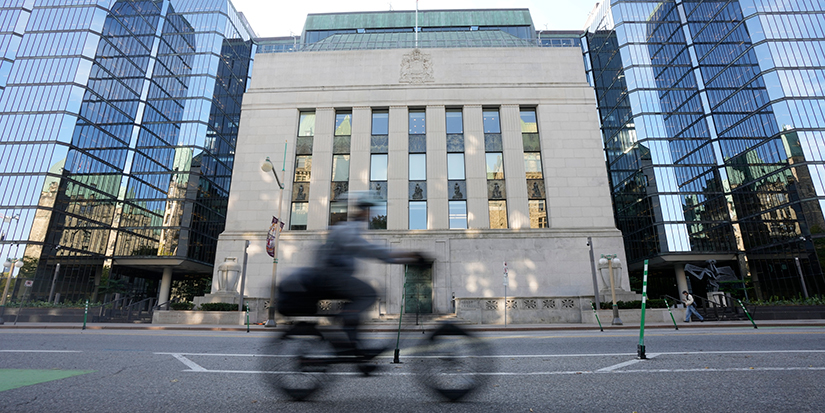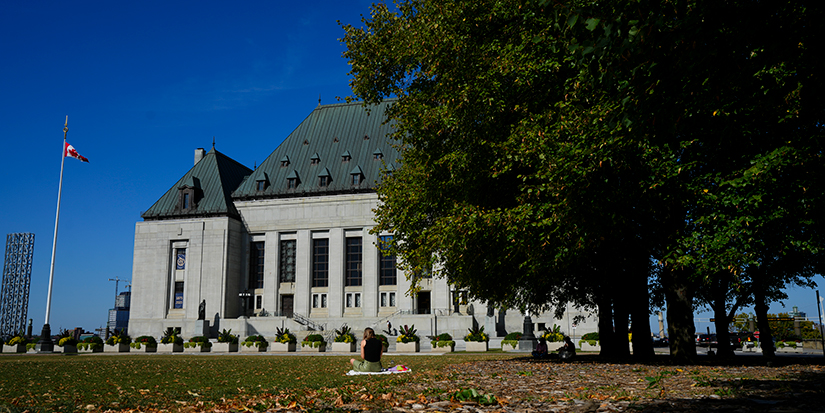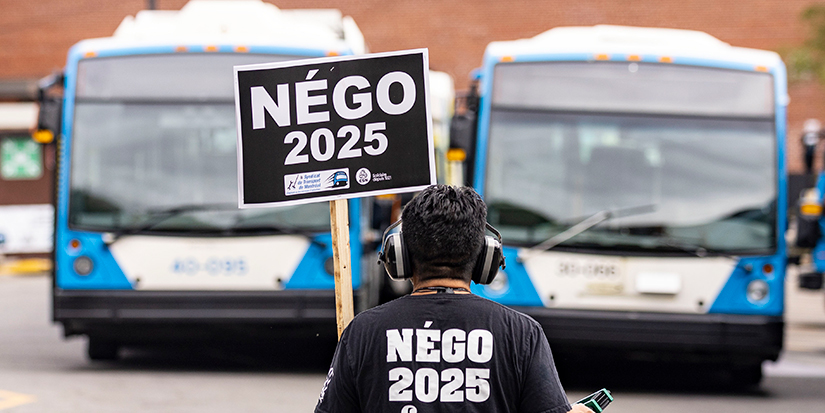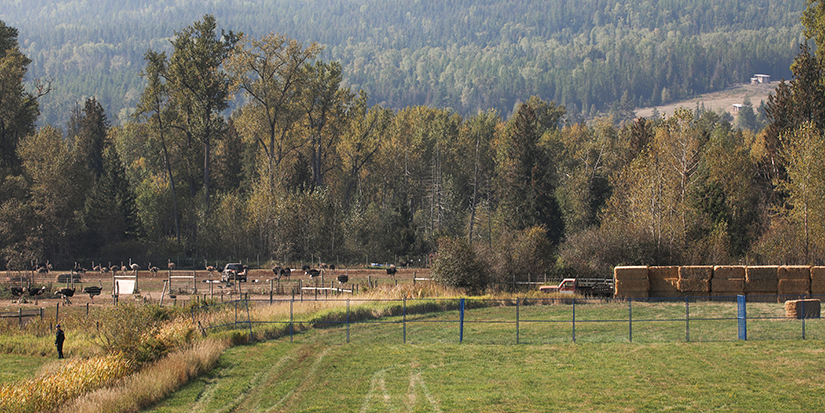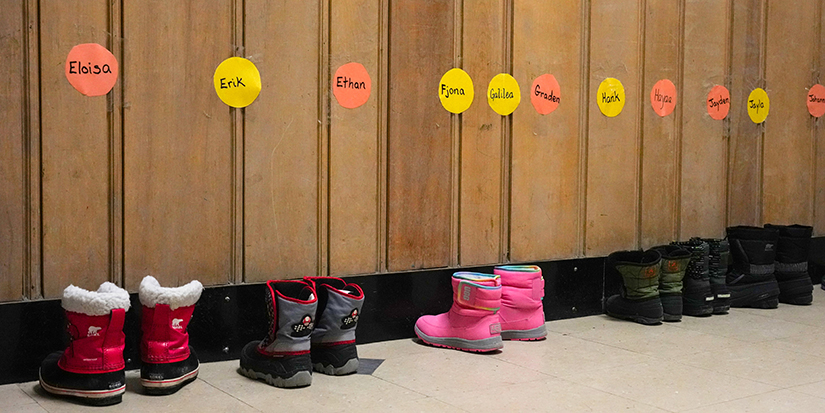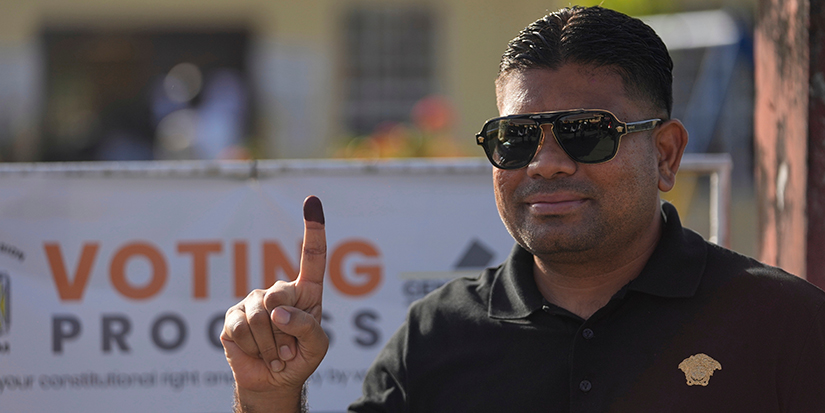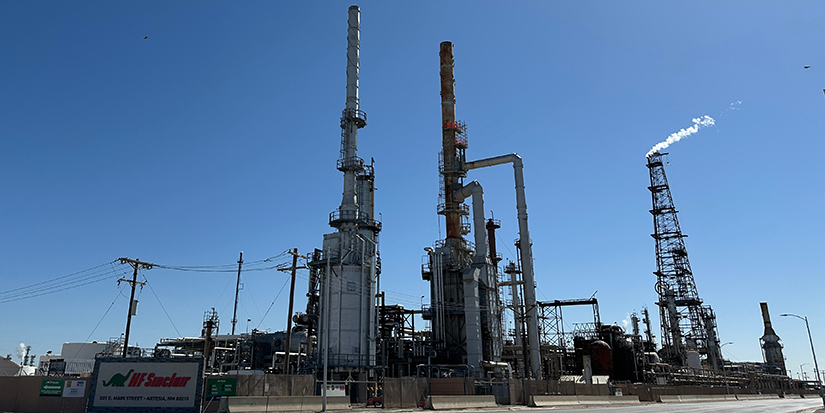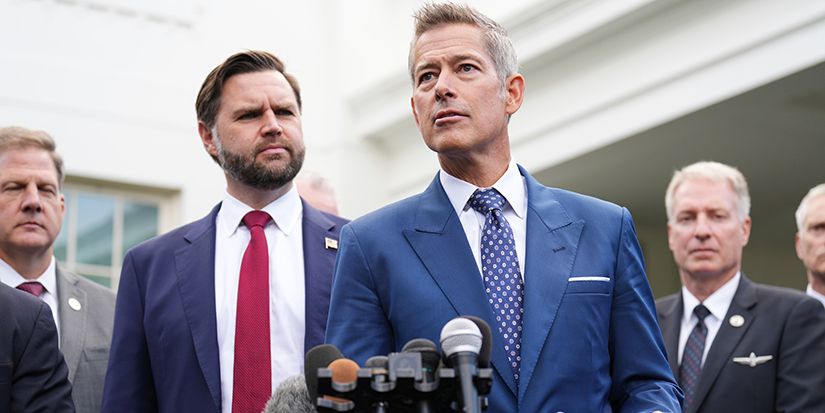Latest News
Generational farmer Zylmans concerned about future of local agriculture
—
Bill Zylmans has been toiling the fertile Richmond soil most of his 50-some years.
It’s a labour of love, but increasingly challenging and at times downright frustrating.
Coinciding with the arrival of summer solstice, strawberry season extends through much of June. It’s a crop Zylmans, owner of W&A Farms on the community’s east side, is renowned for.
Each year, he produces some of the sweetest, juiciest and brightest red berries on the market.
“Everybody wants our strawberries. They taste like a strawberry (is supposed to),” he says proudly. “Call me old-fashioned, but I want to sell quality and the things people appreciate.”
But where Zylmans once planted 50 acres of strawberries, he now dedicates just 12 or 13 acres to the produce. And like many colleagues, he worries about the long-term survival of the crop locally. For a myriad of reasons.
Only a few years ago, an extended rainy season wiped out much of Zylmans’ harvest. Perhaps more troublesome though is the plethora of imported produce flooding the market. Priced as much as half of what he can afford to sell his crop for, and coupled with strict regulations banning the use of pesticides, it is taking a toll.
“The world is a lot closer, and chemicals can preserve whatever so there are more challenges with local berries,” he explains.
Zylmans is quick to acknowledge times change. But he says the differences are pronounced form when he inherited the farm to now.
“Historically, the industry had three processing plants in the Valley. When we had a surplus of berries they went to canneries. And it was reflected in the price. Today, there’s no longer a relief valve in the form of a processing plant. The industry is at a point where you can only grow what you can sell direct to market.”
Families were a lot bigger back in the 1950s, when his parents farmed. And canning was commonplace. Today, not only are families smaller, but Zylmans suggests there is neither the interest or need to produce produce.
“Young people today just bypass that. They are so far removed from agriculture that they don’t really understand it. Everything is so readily available.”
Even more troubling to Zylmans, though, is the future of farming. While he recognizes times change, he says it’s getting harder and harder to make ends meet.
The costs associated with every aspect of farming are continuing to climb, he says. And at the end of the day there isn’t the infrastructure to be able to absorb such costs as there once was.
“It’s why we’re no longer seeing as many young people getting into agriculture. The average age of a farmer in BC, even across Canada, is 58 or 59. And (as a result of all the imported produce) we’re no longer on a level playing field. There needs to be some return to stability. We don’t have millions of dollars worth of equipment just to jump in and out, so we’re in it for the long haul. But I’m disappointed we don’t get more support.”
Zylmans says society has to decide what it wants, too. If it’s agriculture in our backyard, and fresh produce, they have to support local farmers.
“And we have to teach people about agriculture. It’s not a grass field out there with three cows. There are a lot of pieces to the puzzle, and a lot of stars have to line up.”
But when Zylmans’ young adult children look at his calloused hands, and the challenges he endures, they’re prone to shake their heads.
“Dad, you worked 22 hours yesterday. You work way too hard,” they’ve told him.
“But I don’t call it work,” Zylmans responds. “It’s a passion, a dream. It’s my way of life.”
